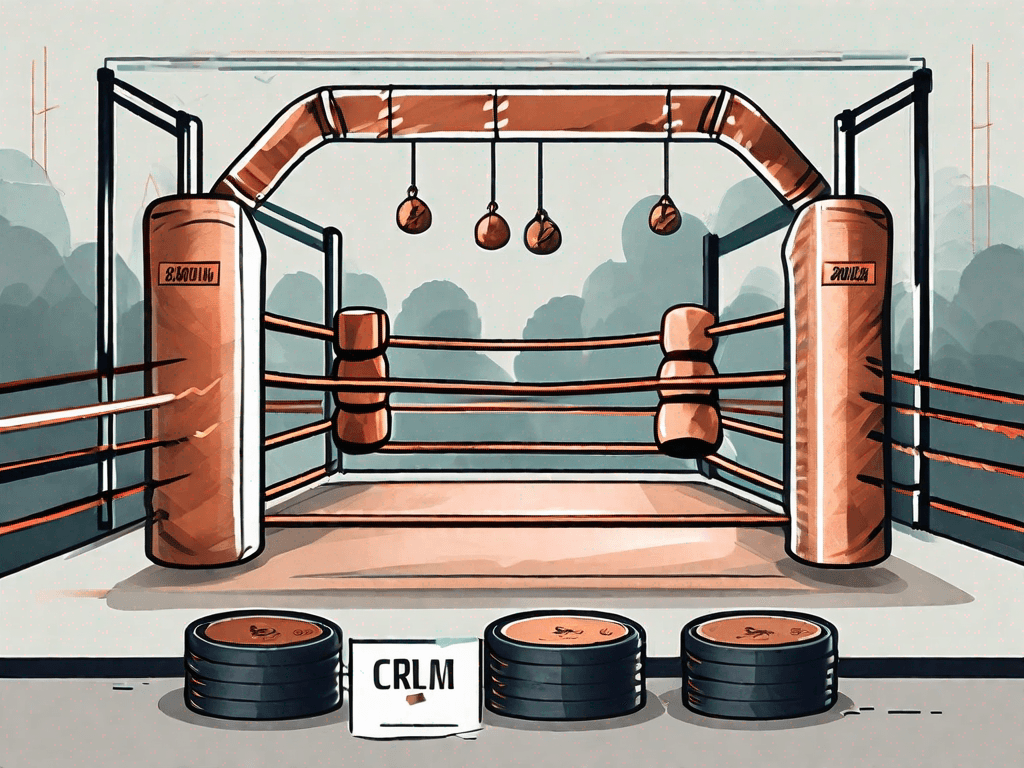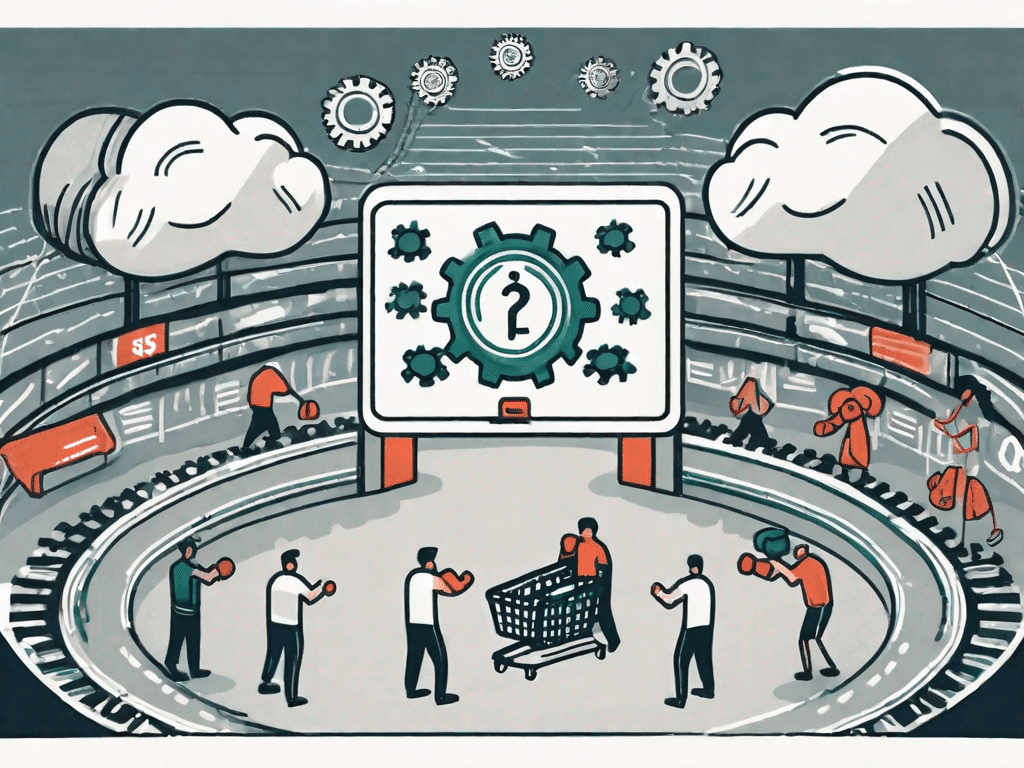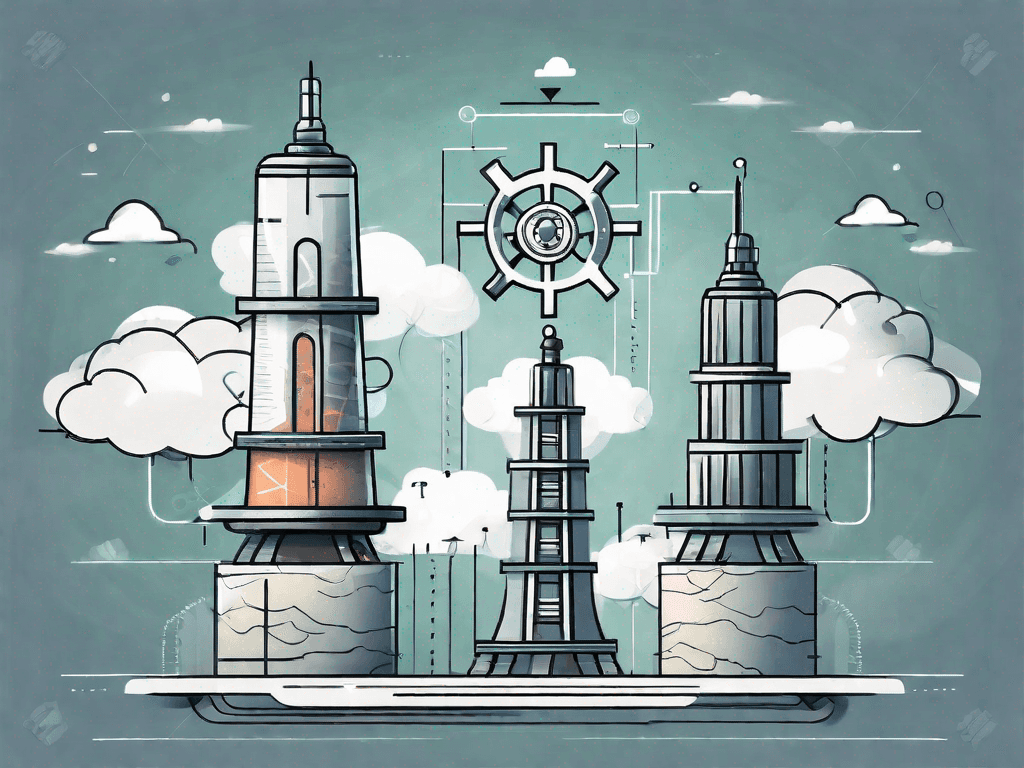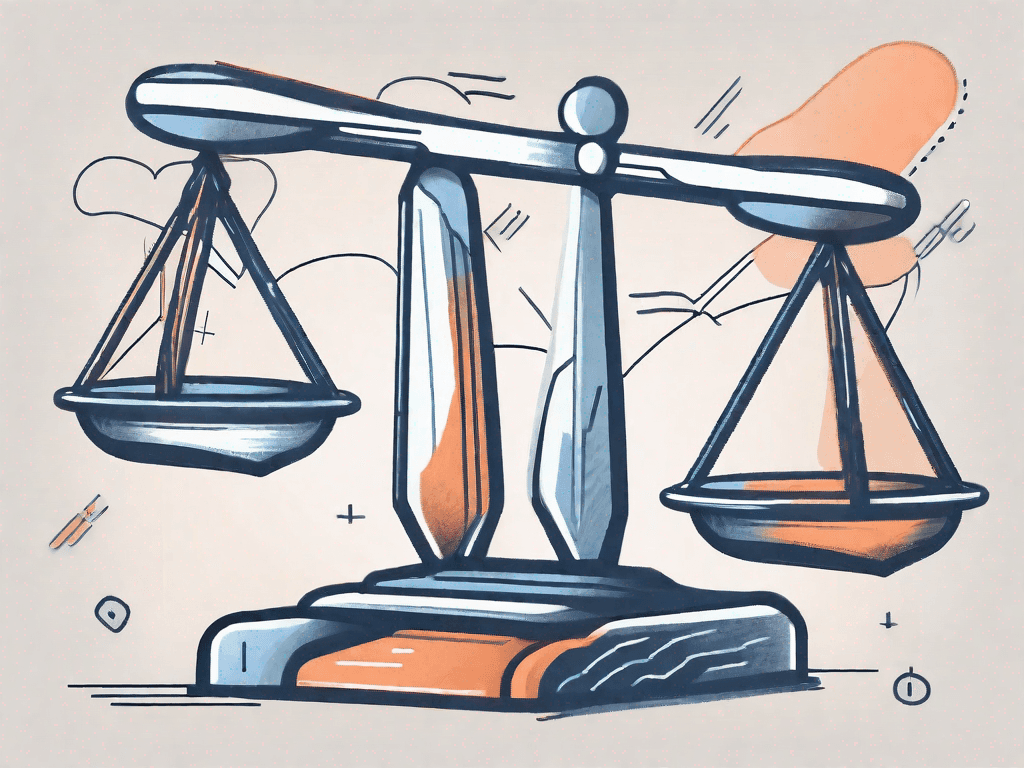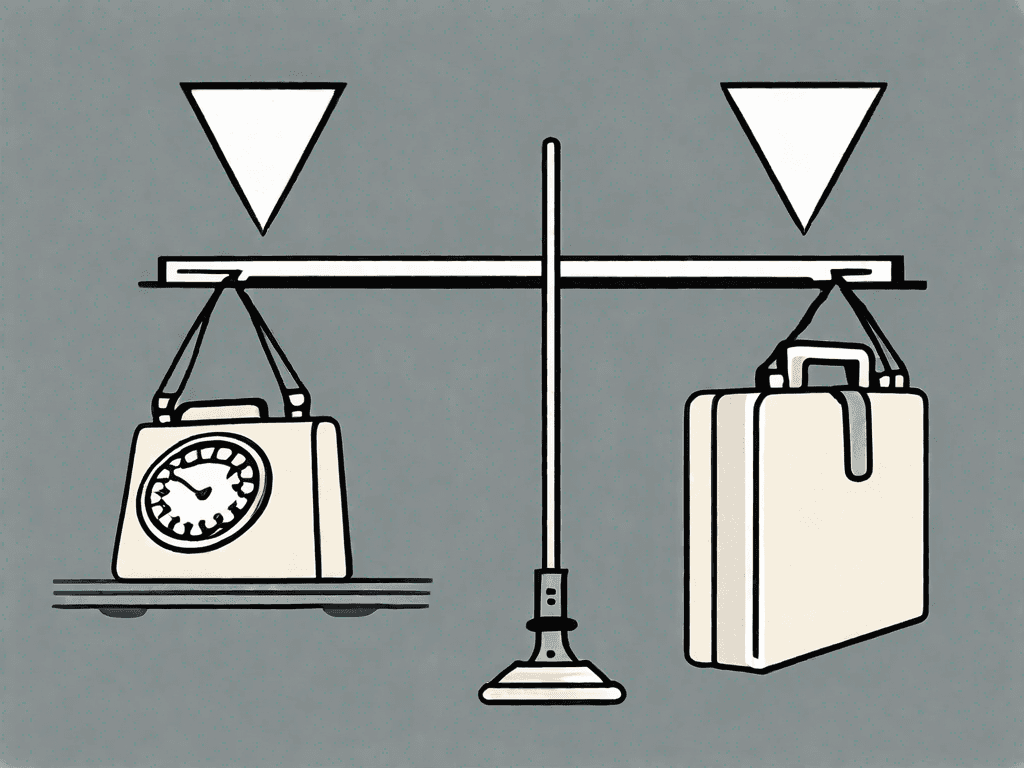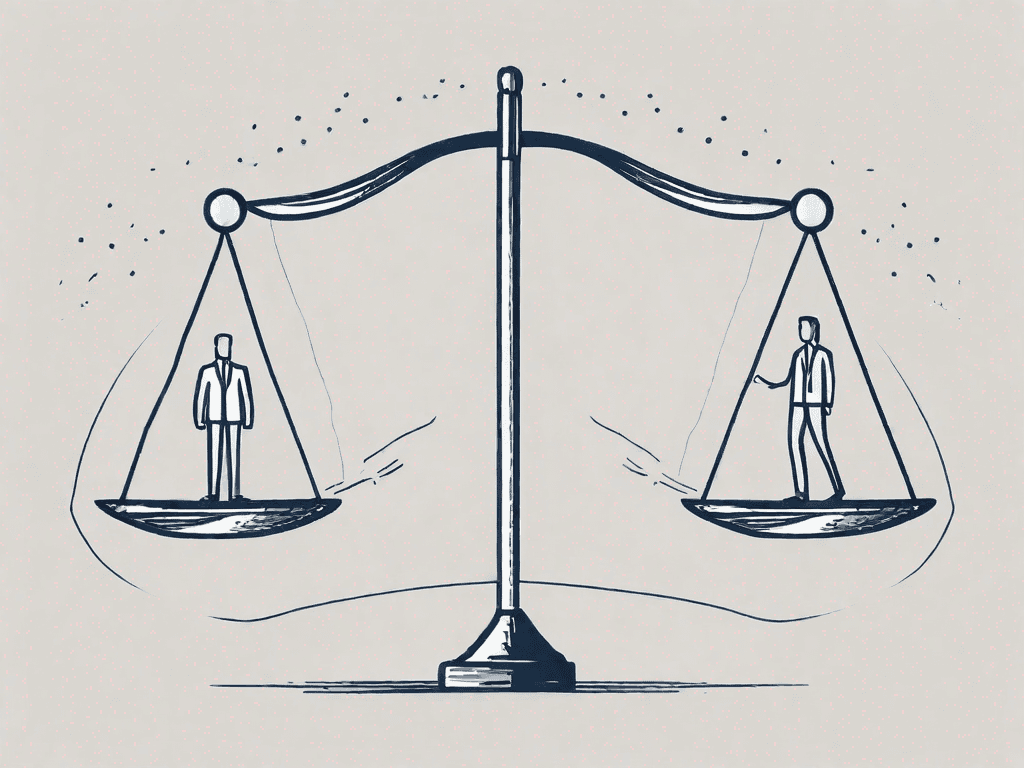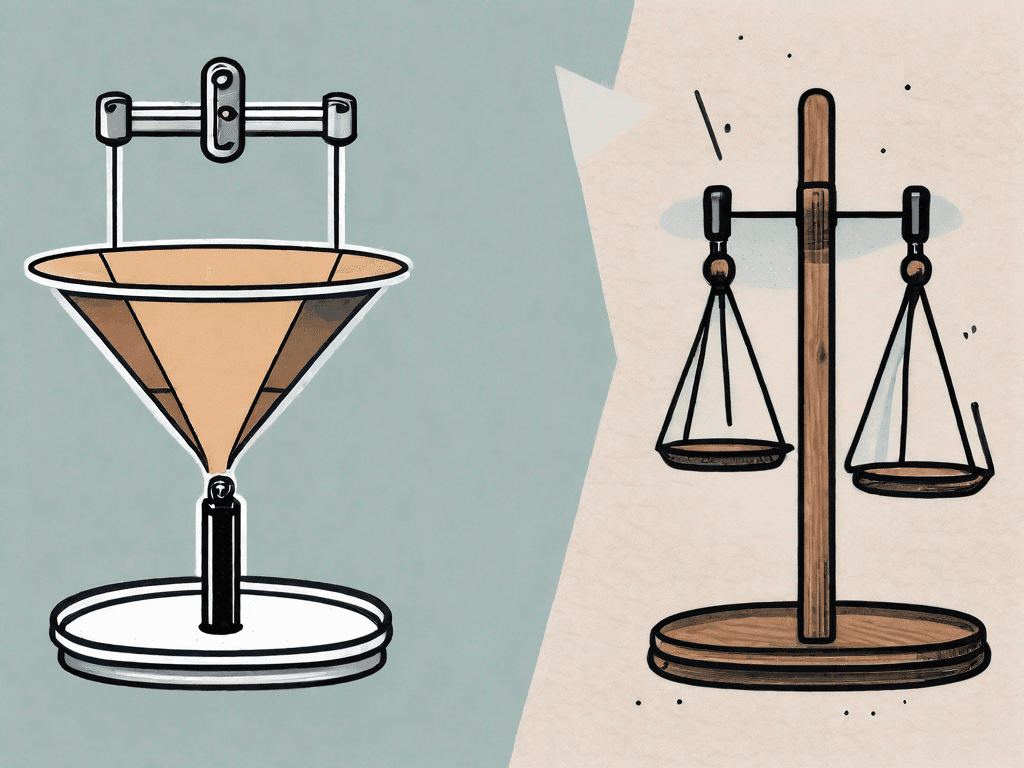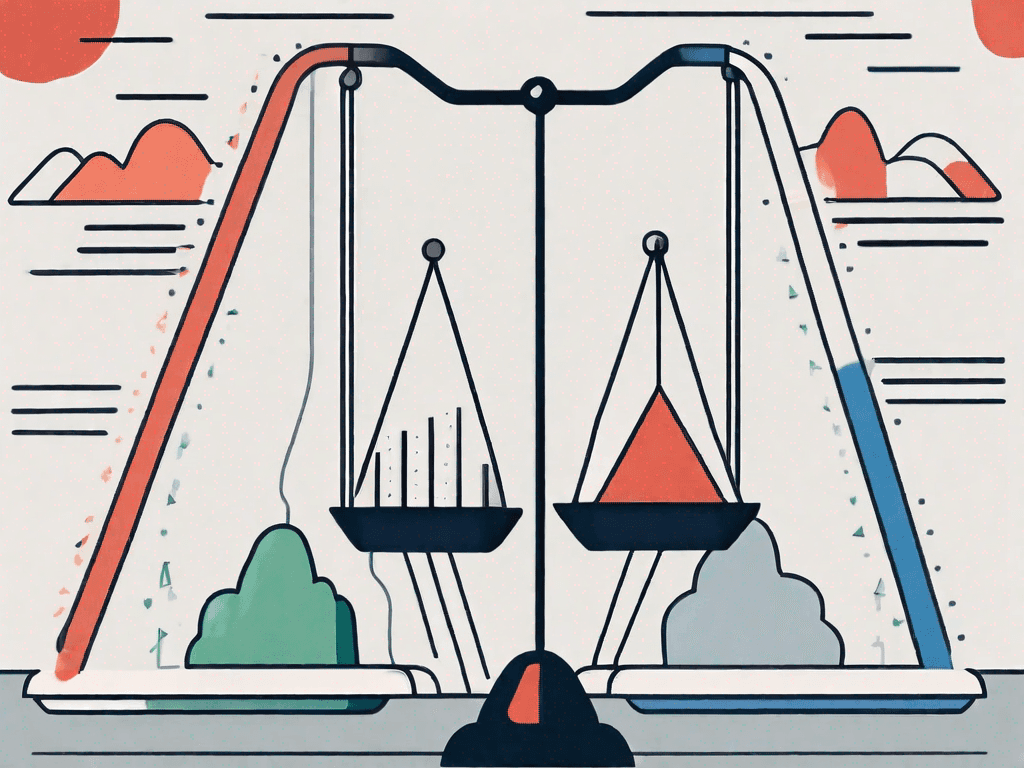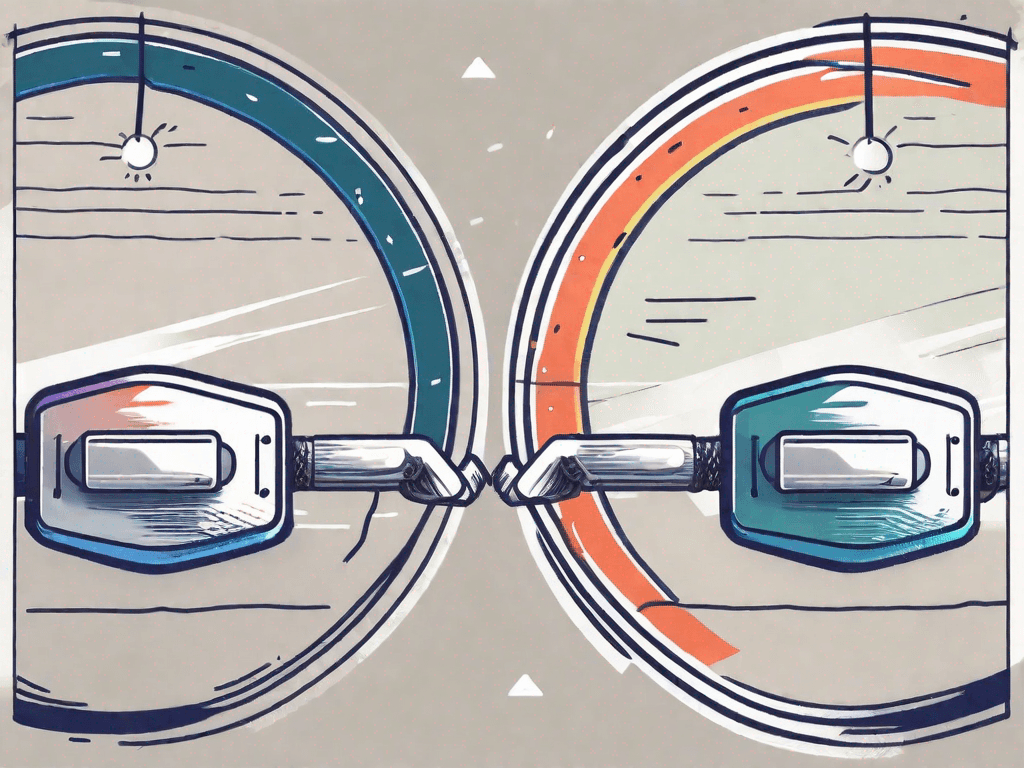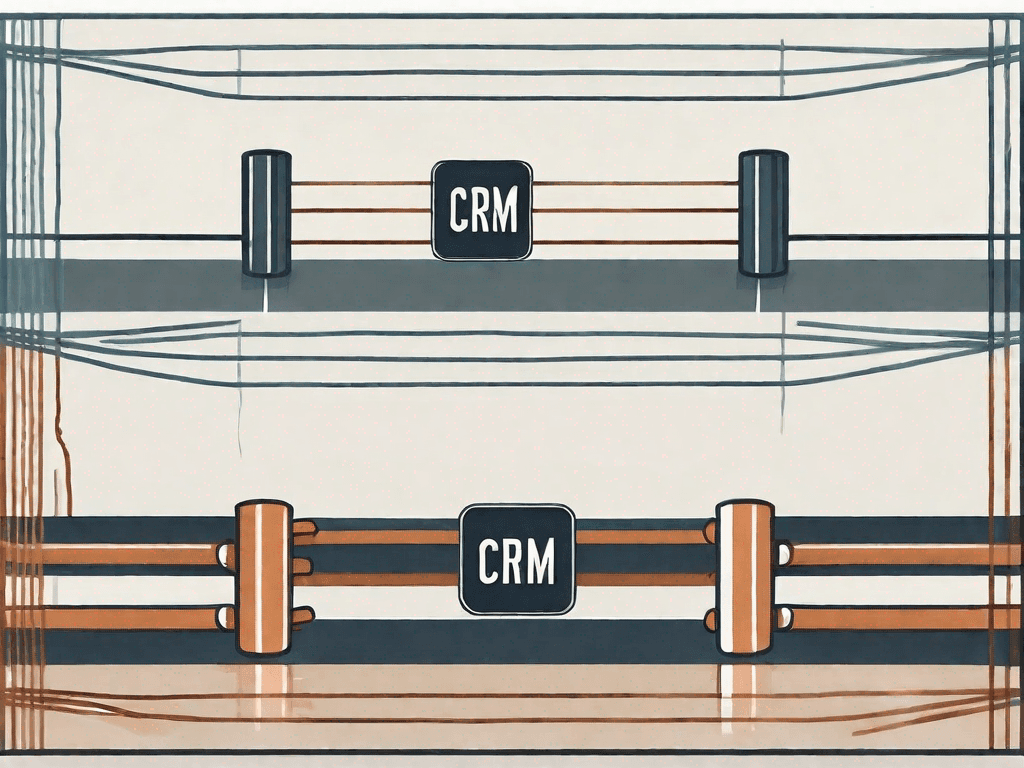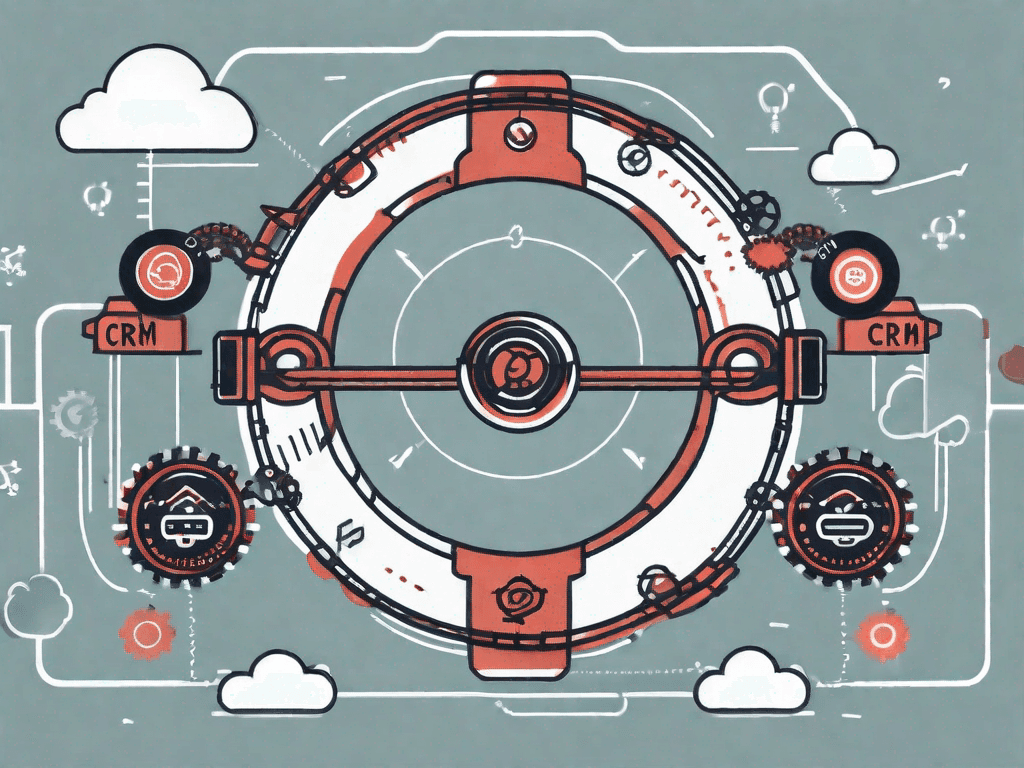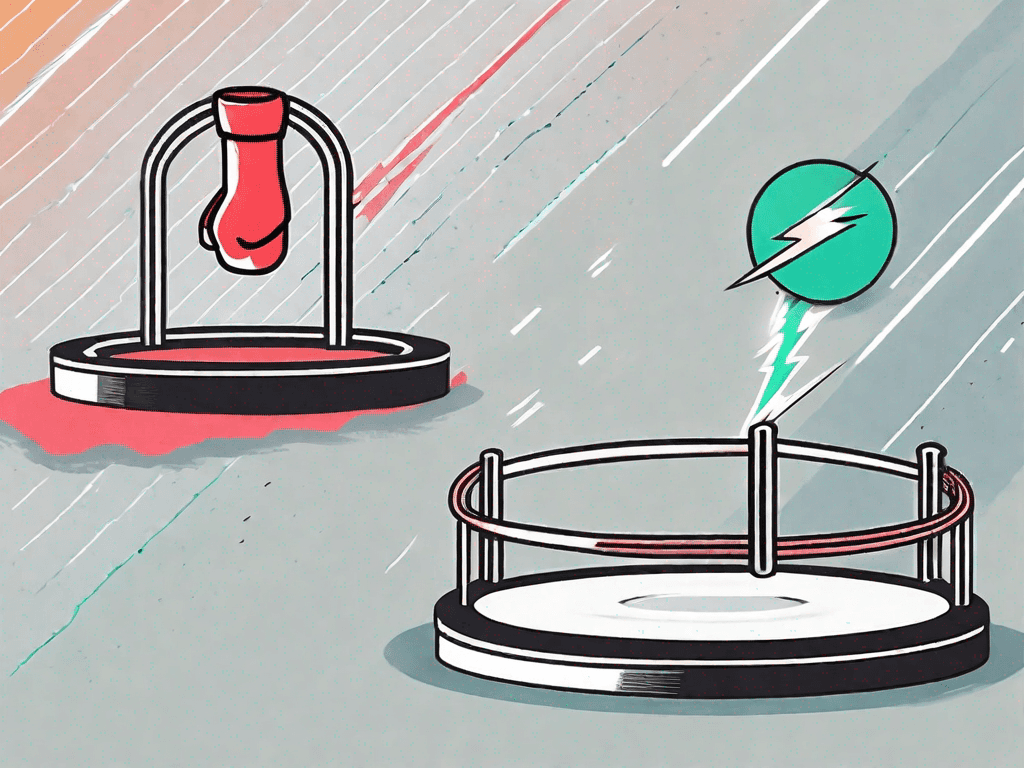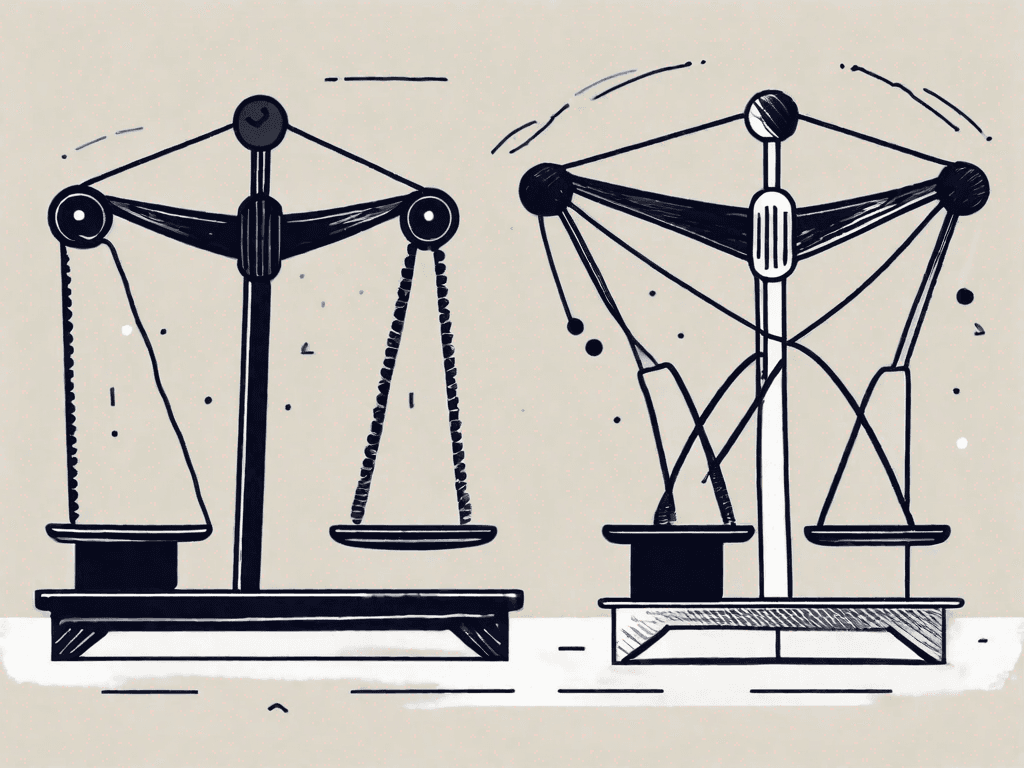
The Ideal Sales Pipeline Template for Real Estate Agent
Are you a real estate agent looking to optimize your sales process and close more deals? A well-designed sales pipeline can be the key to your success. In this article, we will discuss the ideal sales pipeline template for real estate agents and how it can help you streamline your workflow and increase your revenue.
The 7 Sales Pipeline Stages a Real Estate Agent Should Have
Before we dive into the specifics of the ideal sales pipeline template, let's first understand the seven crucial stages that every real estate agent should have in their sales process:
Lead Generation: This stage involves attracting potential clients through various marketing strategies such as online advertising, referrals, and networking events.Lead generation is a critical aspect of a real estate agent's sales pipeline. It requires a strategic approach to reach a wide audience and attract potential clients. Online advertising can include targeted social media campaigns, search engine optimization, and paid advertisements on relevant websites. Referrals from satisfied clients and networking events also play a significant role in generating leads.
Lead Qualification: Once you have generated leads, it's important to qualify them based on their interest, budget, and timeline. This step helps you prioritize your efforts and focus on high-quality leads.Lead qualification is the process of determining the potential of a lead to become a paying customer. Real estate agents need to assess the level of interest, budget, and timeline of each lead to determine if they are a good fit for their services. This step ensures that agents invest their time and resources in leads that are more likely to convert into clients.
Initial Contact: This stage involves reaching out to the qualified leads and initiating the first conversation. It could be through a phone call, email, or social media message.After identifying qualified leads, real estate agents need to make the initial contact. This can be done through various communication channels such as phone calls, emails, or social media messages. The purpose of this stage is to establish a connection and start building a relationship with the potential client.
Needs Assessment: Understanding your client's needs and preferences is essential to provide them with personalized solutions. This stage involves conducting a thorough assessment to determine their requirements.Once the initial contact is made, real estate agents need to understand their client's needs and preferences. This involves conducting a comprehensive needs assessment to determine the type of property, location, size, and other specific requirements the client may have. By understanding their needs, agents can provide personalized solutions that meet their client's expectations.
Property Showings: Once you have identified the client's needs, it's time to show them the properties that align with their requirements. This stage involves scheduling property visits and guiding clients through the process.Property showings are a crucial part of the sales pipeline for real estate agents. It is the stage where potential clients get to see the properties that align with their needs and preferences. Real estate agents need to schedule property visits, accompany clients to the locations, and provide detailed information about each property. This stage requires excellent communication and presentation skills to showcase the properties effectively.
Negotiation: When a client shows interest in a property, negotiations play a crucial role in reaching a mutually beneficial agreement. This stage involves negotiating the price, terms, and conditions of the deal.Negotiation is an essential skill for real estate agents. Once a client shows interest in a property, agents need to negotiate the price, terms, and conditions of the deal to reach a mutually beneficial agreement. This stage requires effective communication, problem-solving, and persuasive skills to ensure both parties are satisfied with the outcome.
Closing: The final stage of the sales pipeline is closing the deal. This involves completing all necessary paperwork, coordinating with other parties involved, and ensuring a smooth transaction.Closing a deal is the ultimate goal of a real estate agent's sales pipeline. It involves completing all the necessary paperwork, coordinating with other parties such as lenders, lawyers, and inspectors, and ensuring a smooth transaction. Real estate agents need to be detail-oriented, organized, and proactive in managing the closing process to ensure a successful and timely completion of the deal.
The above seven stages form the foundation of a successful sales pipeline for real estate agents. Now, let's take a closer look at an example of the customer journey through a sales pipeline, step-by-step.
Example of the Customer Journey in a Sales Pipeline for Real Estate Agent Step-by-Step
Imagine a potential client named Sarah who is interested in purchasing a property in a specific neighborhood. Let's see how the sales pipeline template caters to her journey:
Sarah comes across your website through online advertising.
After conducting an initial assessment, you qualify Sarah as a high-quality lead who is ready to make a purchase within the next three months.
You reach out to Sarah via email and schedule an initial phone call to understand her requirements.
During the needs assessment, you learn that Sarah is looking for a three-bedroom house with a backyard and a garage.
You schedule property showings for Sarah, where you showcase properties that meet her requirements.
After visiting a few properties, Sarah shows interest in a particular house.
You enter into negotiations with the seller to finalize the price, terms, and conditions.
Once both parties agree on the deal, you assist Sarah in completing all the necessary paperwork and ensure a smooth closing process.
By following the step-by-step example above, you can visualize how a well-structured sales pipeline can guide your clients through the buying journey, resulting in successful deals and satisfied customers. However, you may be wondering why real estate agents need a sales pipeline in the first place.
A sales pipeline is a crucial tool for real estate agents as it helps them streamline their processes and maximize their efficiency. Without a structured approach, agents may find themselves overwhelmed with multiple leads and properties to manage. With a sales pipeline, agents can effectively track and manage each client's progress, ensuring that no opportunity falls through the cracks.
Furthermore, a sales pipeline allows agents to provide a personalized experience to their clients. By understanding each client's unique requirements and preferences, agents can tailor their approach and offer properties that align with their needs. This level of personalization not only enhances the client's experience but also increases the chances of closing a deal.
Conducting a thorough real estate feasibility study can further enhance the decision-making process, ensuring each property deal is viable and profitable.
In addition, a sales pipeline enables real estate agents to prioritize their efforts and allocate their resources effectively. By categorizing leads based on their readiness to make a purchase, agents can focus their time and energy on high-quality leads who are more likely to convert. This targeted approach saves agents valuable time and ensures that they are investing their efforts where they are most likely to yield results.
Moreover, a sales pipeline provides real estate agents with a clear overview of their business performance. By tracking the progress of each lead and analyzing the conversion rates at each stage, agents can identify areas for improvement and make data-driven decisions to optimize their sales process. This valuable insight allows agents to refine their strategies, enhance their customer interactions, and ultimately increase their overall success rate.
Overall, a well-structured sales pipeline is an essential tool for real estate agents who want to thrive in a competitive market. It not only guides clients through their buying journey but also empowers agents to deliver exceptional service, maximize their efficiency, and achieve their business goals. So, if you're a real estate agent looking to take your business to the next level, implementing a sales pipeline should be at the top of your priority list.
Why Real Estate Agents need a Sales Pipeline?
You'll save time between properties visit
One of the significant benefits of having a sales pipeline is that it helps you save valuable time between property visits. By qualifying leads and understanding their needs upfront, you can focus your efforts on the most promising prospects. This targeted approach minimizes time wasted on uninterested or unqualified clients.
You'll grow revenues faster by closing more property deals
Another advantage of a well-designed sales pipeline is that it enables you to close more property deals, leading to faster revenue growth. With a clear path and defined stages in place, you can efficiently move leads through the pipeline, provide personalized solutions, and maximize conversion rates. The more efficiently you manage your pipeline, the more clients you can serve.
In conclusion, having an ideal sales pipeline template is crucial for real estate agents looking to optimize their sales process and achieve higher revenue. By implementing the seven sales pipeline stages, understanding the customer journey, and leveraging the benefits of a sales pipeline, you can streamline your workflow, save time, and close more property deals. So, why wait? Start implementing the ideal sales pipeline template for real estate agents today and witness the difference it can make in your business!











![The 8 Best Social CRM Software in 2025 [Comparison]](https://framerusercontent.com/images/RYHyYapdgIi83BEWtMdX418.png)
![The 6 Best LinkedIn CRM in 2025 [Comparison]](https://framerusercontent.com/images/Luywfni7ZKjb19yghbhNPy4I4qQ.png)



![The 5 Best Twitter CRM [Comparison]](https://framerusercontent.com/images/EWcbvYnVZglJLO8jp3OlHkTvsHo.png)
































































































































































